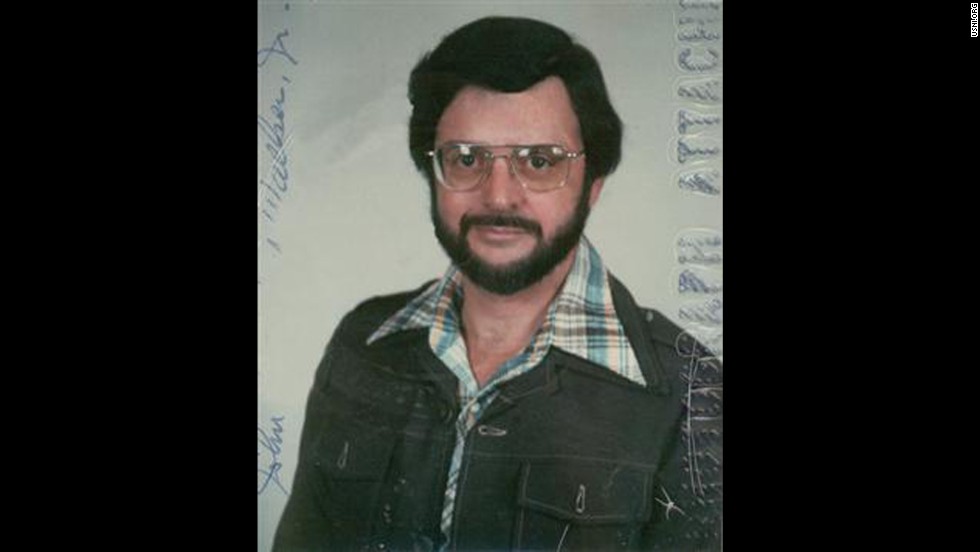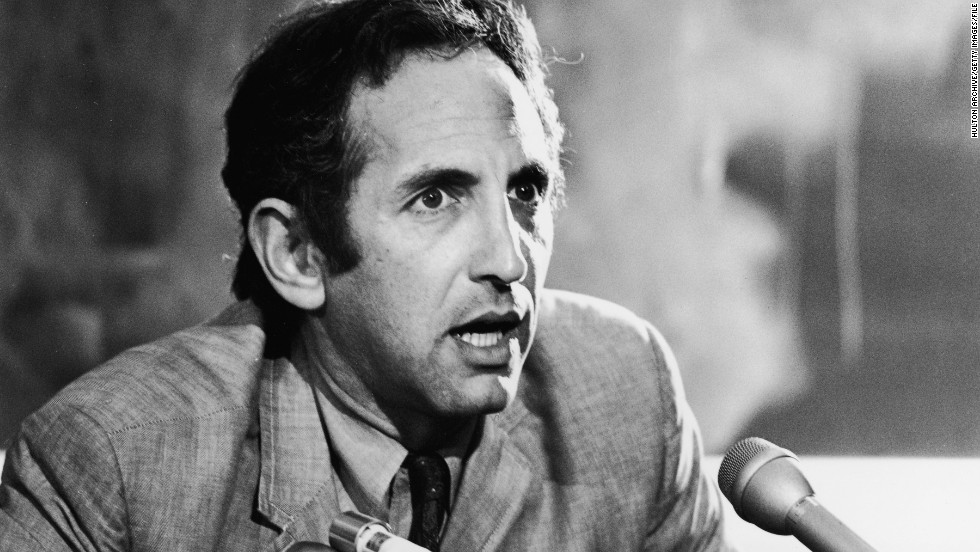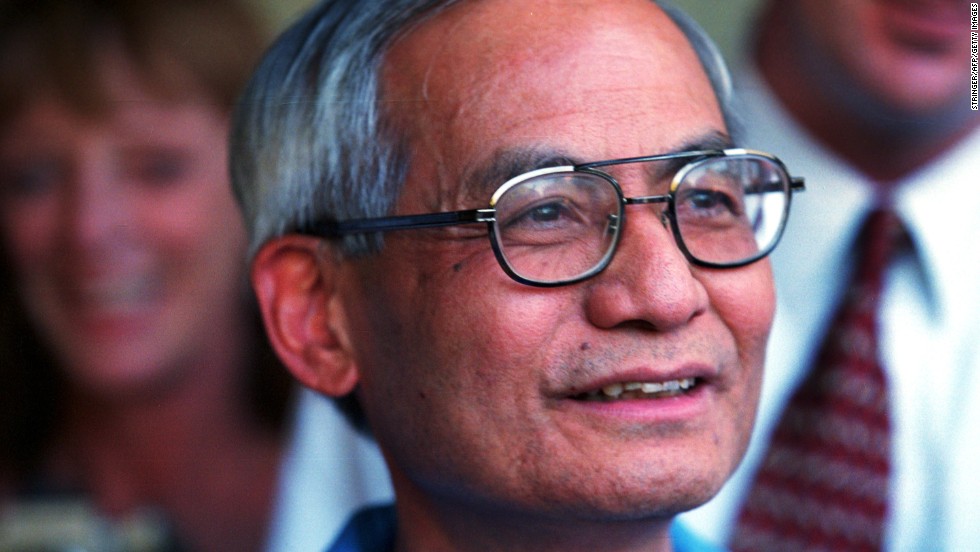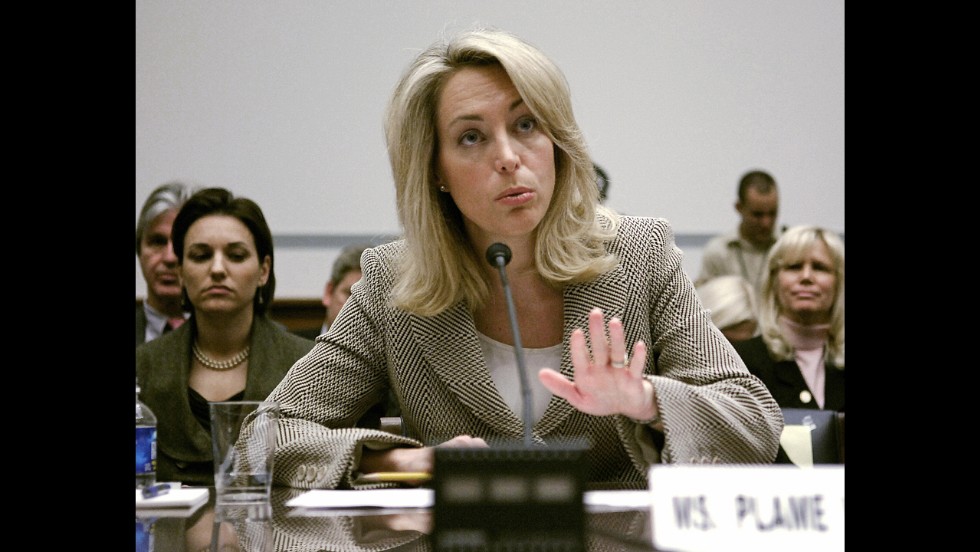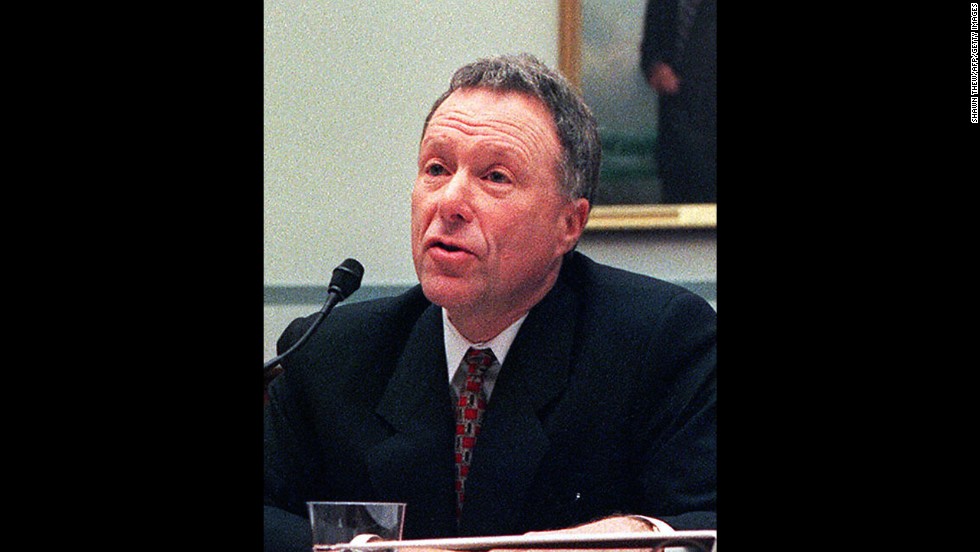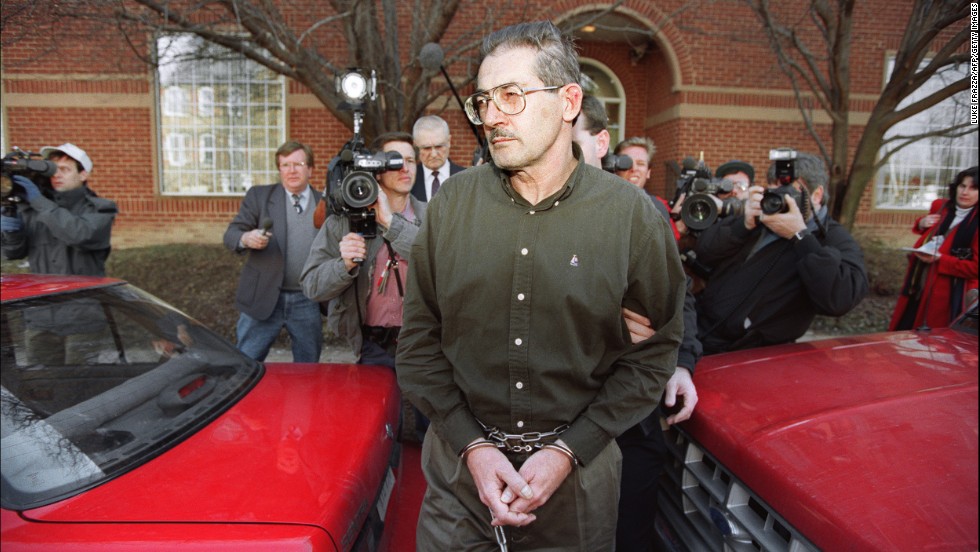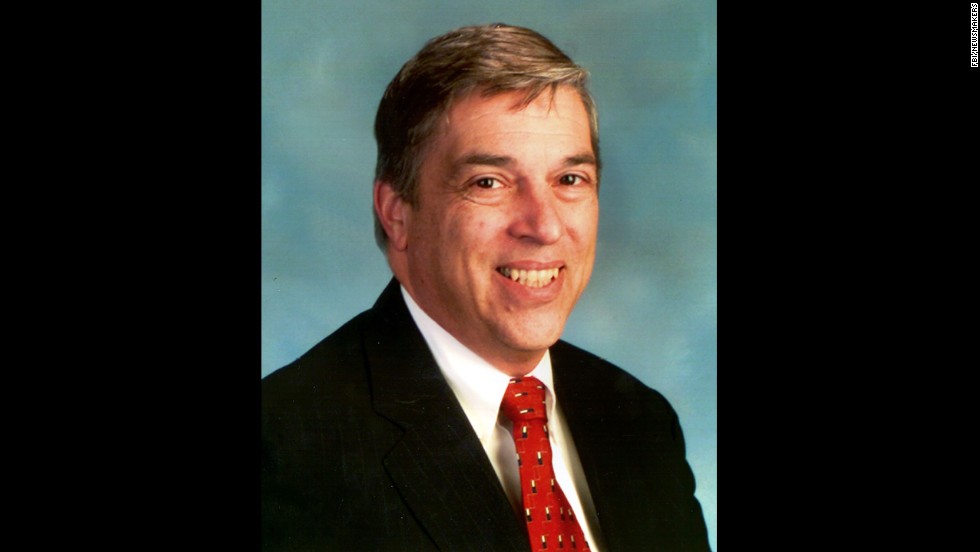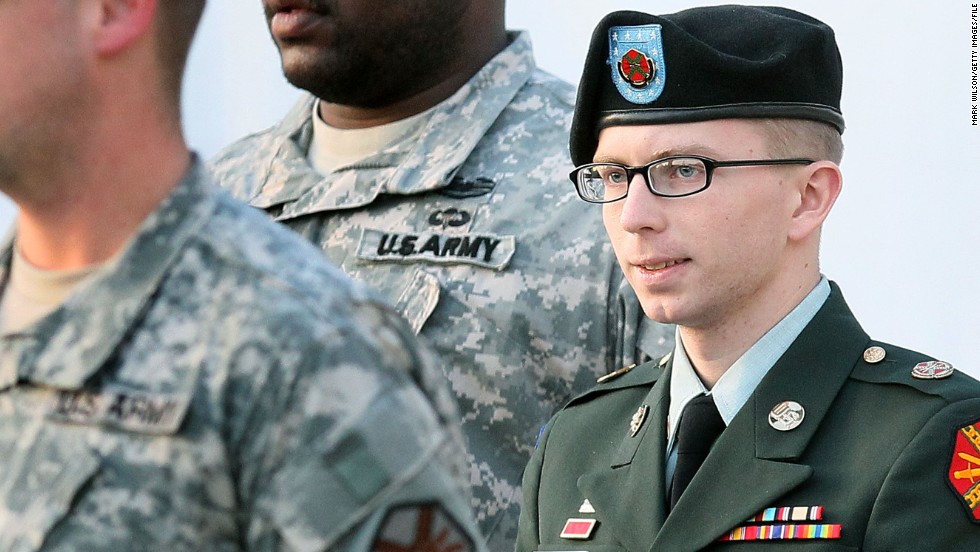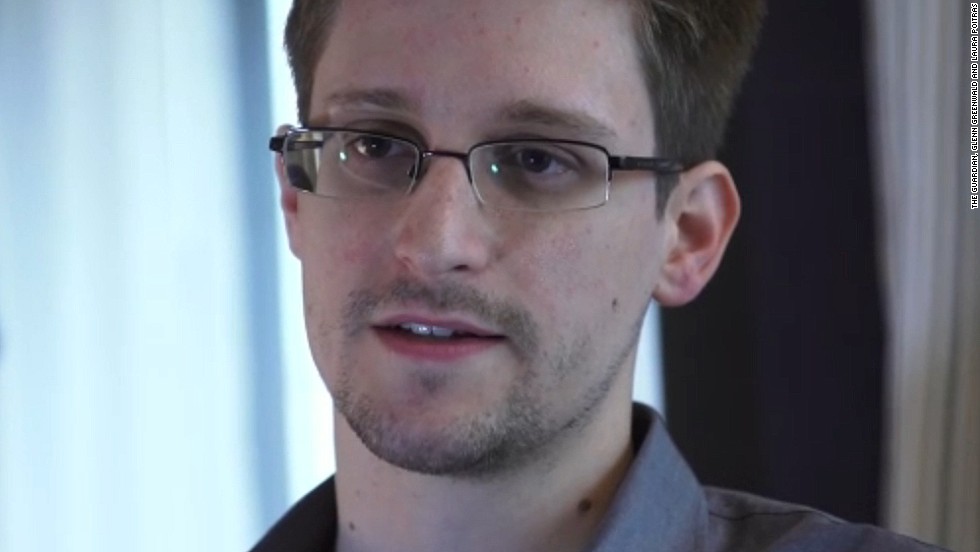Story highlights
- Edward Snowden to participate in live online chat Monday, the Guardian reports
- National Security Agency director to release details of electronic surveillance programs
- Report: Britain spied on delegates at an international economic summit in the UK
- Several hundred protesters took to Hong Kong's streets Saturday to support Snowden
Every new day seems to bring new revelations and reactions to the controversial electronic surveillance programs. On Monday, self-avowed leaker Edward Snowden reportedly is to participate in a live Internet chat about his actions. Over the weekend we learned that the British electronic intelligence agency tried to monitor delegates during a G-20 summit. We also heard from administration officials, past and present, who tried to assuage Americans worried about privacy.
Here is a summary of the latest developments:
Snowden to chat with Guardian readers
Edward Snowden, the former National Security Agency contractor behind the leaks, will answer the public's questions Monday in a live online chat, according to the UK-based Guardian newspaper.
The chat, conducted by the Guardian, is set to begin at 11 a.m. ET.
"An important caveat: the live chat is subject to Snowden's security concerns and also his access to a secure Internet connection," the Guardian's website read Monday morning. "It is possible that he will appear and disappear intermittently, so if it takes him a while to get through the questions, please be patient."
More details are coming
NSA Director Keith Alexander is expected to release details of cases where the programs have stopped a terrorist attack, Senate Intelligence Committee Chairwoman Dianne Feinstein said. The information may be available as soon as Monday.
"He wants to be exact about the details," she said.
Over the weekend a three-page document on the NSA programs was released to congressional intelligence committees and states the plots were thwarted in the United States and more than 20 other countries.
China: Snowden not our spy
The Chinese foreign ministry said Monday that suggestions that Snowden may have spied for China were "completely groundless."
Speaking at a regular news briefing, ministry spokeswoman Hua Chunying said it was up to the United States to provide an explanation of Snowden's actions to the international community.
Snowden is currently believed to be in Hong Kong, where he has said he plans to stay and fight any attempt to extradite him back to the United States. His exact whereabouts are unknown.
Over the weekend, Former Vice President Dick Cheney described Snowden as a "traitor." Asked if he thought Snowden was spying for China, Cheney said he was "deeply suspicious."
White House: No violations of privacy
The president's chief of staff said Sunday that his boss doesn't feel he has violated the privacy of any American.
"He does not," Denis McDonough said when asked directly if Barack Obama feels that way about the government's controversial surveillance programs.
On CBS' "Face the Nation," McDonough added the president plans to "talk about this in the days ahead."
McDonough said the president will emphasize the need to "find the right balance, especially in this new situation where we find ourselves with all of us reliant on Internet, on e-mail, on texting."
McDonough said he does not know where Snowden went after he checked out of his Hong Kong hotel a week ago.
Congressman: No recording going on here
The chairman of the House intelligence committee echoed the White House, saying that the National Security Agency is not recording Americans' phone calls under U.S. surveillance programs.
Rep. Mike Rogers, R-Michigan, said on CNN's "State of the Union" that the NSA "is not listening to Americans' phone calls" or monitoring their e-mails.
The NSA has repeatedly said that it collects only metadata, phone numbers and duration, of phone calls, but not the actual conversations taking place. If it needs to listen to a conversation, it must first obtain an order from the Federal Intelligence Surveillance Court.
Cantor: Programs strike balance between security, liberty
The House majority leader said on CNN's "New Day" Monday morning that he believes congressional hearings will show that not only have the programs helped authorities go after terrorists, but also that they take the protection of civil liberties into account.
"I think the discussion that will unfold through our committee process, the oversight hearings, (is) going to be able to demonstrate that," Rep. Eric Cantor, R-Virginia, said. "These programs hopefully will be proven to strike that balance that's so necessary in our country."
Cheney: NSA surveillance programs are a good thing
Former Vice President Dick Cheney vehemently defended the National Security Agency surveillance programs that started under President George W. Bush, but said current White House scandals like Benghazi and the IRS have hurt its credibility.
"I think it's important to separate out that program from the scandals," he told CNN. "It's done great work, it has saved lives, stopped attacks against the United States, and it's vital to continue."
Earlier, Cheney told "Fox News Sunday" that he believed the programs could have prevented 9/11 if they had been in place before the attack.
Everyone is doing it
Britain's electronic intelligence agency monitored delegates' phones and tried to capture their passwords during an economic summit held there in 2009, the Guardian newspaper reported Sunday.
The targets included British allies such as Turkey and South Africa, the newspaper reported. The Guardian cited documents provided by Edward Snowden, the American computer analyst and former government contractors now spilling secrets of the U.S. intelligence community.
The British signals intelligence agency, GCHQ, is the UK equivalent of the National Security Agency.
Hong Kong demonstrators support Snowden
On the run from the United States, Snowden has picked up hundreds of supporters in Hong Kong, the last place he was seen and where he's still believed to be hiding out.
Demonstrators took to Hong Kong's streets in the rain on Saturday voicing support for the 29-year-old computer technician.
Snowden has said his intention was to "ask the courts and people of Hong Kong to decide my fate."
The protesters chanted "Protect Snowden!" and "NSA has no say!"








